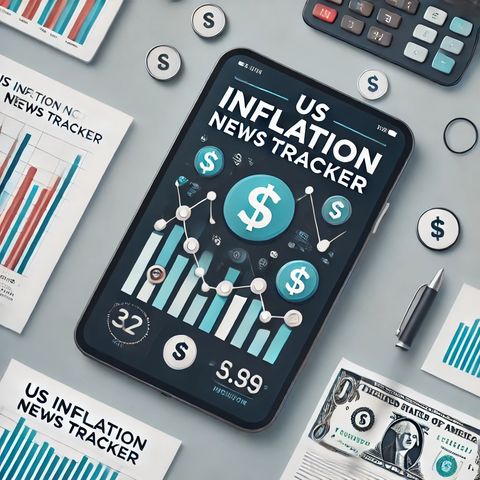"Experts Warn: Trump's Policies Threaten Soft Economic Landing for U.S."

Download and listen anywhere
Download your favorite episodes and enjoy them, wherever you are! Sign up or log in now to access offline listening.
"Experts Warn: Trump's Policies Threaten Soft Economic Landing for U.S."
This is an automatically generated transcript. Please note that complete accuracy is not guaranteed.
Description
In recent discussions surrounding the economic landscape of the United States, economists have voiced significant concerns about the potential impacts of Donald Trump's policies on achieving a "soft landing" for...
show moreCentral to these concerns are several aspects of Trump's policy proposals that could disrupt current economic trajectories. Trade policies, fiscal spending, and regulatory changes stand out as potential disruptors. Trump's historical approach to trade, marked by tariffs and a push for renegotiation of international trade deals, could exacerbate existing tensions in global trade relationships. Such actions could lead to increased prices on imported goods, further fueling inflation—a critical concern when aiming for a soft economic landing.
On the fiscal side, Trump's advocacy for substantial tax cuts and increased spending on infrastructure could lead to elevated fiscal deficits. While tax cuts can stimulate economic activity in the short term, they can also lead to overheating if not matched by cuts in public expenditure, potentially driving inflation higher. This would place additional pressure on the Federal Reserve, which may be forced to increase interest rates more aggressively to combat inflation, risking a sharper economic slowdown or even a recession.
Regulatory changes also play a crucial role in this economic puzzle. Trump's deregulatory stance might provide short-term growth spurts by easing business operations and reducing costs. However, the deregulation of financial and environmental protections, in particular, could have long-term adverse effects, leading to instability in financial markets and environmental degradation that could impose unforeseen costs on the economy.
Another layer of complexity arises from the ongoing global economic challenges, including supply chain disruptions and geopolitical tensions. Economists worry that Trump's policies, if enacted without careful consideration for these global factors, could further exacerbate supply chain bottlenecks, driving prices higher and making inflation control even more difficult.
In summary, while Trump's policies might offer certain economic benefits, the overarching concern among economists is about their long-term impacts on the delicate balance required for a soft economic landing. By potentially fueling inflation without addressing underlying structural issues, these policies could inadvertently lead to a more volatile economic environment. As the U.S. navigates these uncertain economic waters, policymakers must weigh these factors carefully to avoid unintended consequences and ensure sustained economic stability.
Information
| Author | QP-4 |
| Organization | William Corbin |
| Website | - |
| Tags |
Copyright 2024 - Spreaker Inc. an iHeartMedia Company

Comments